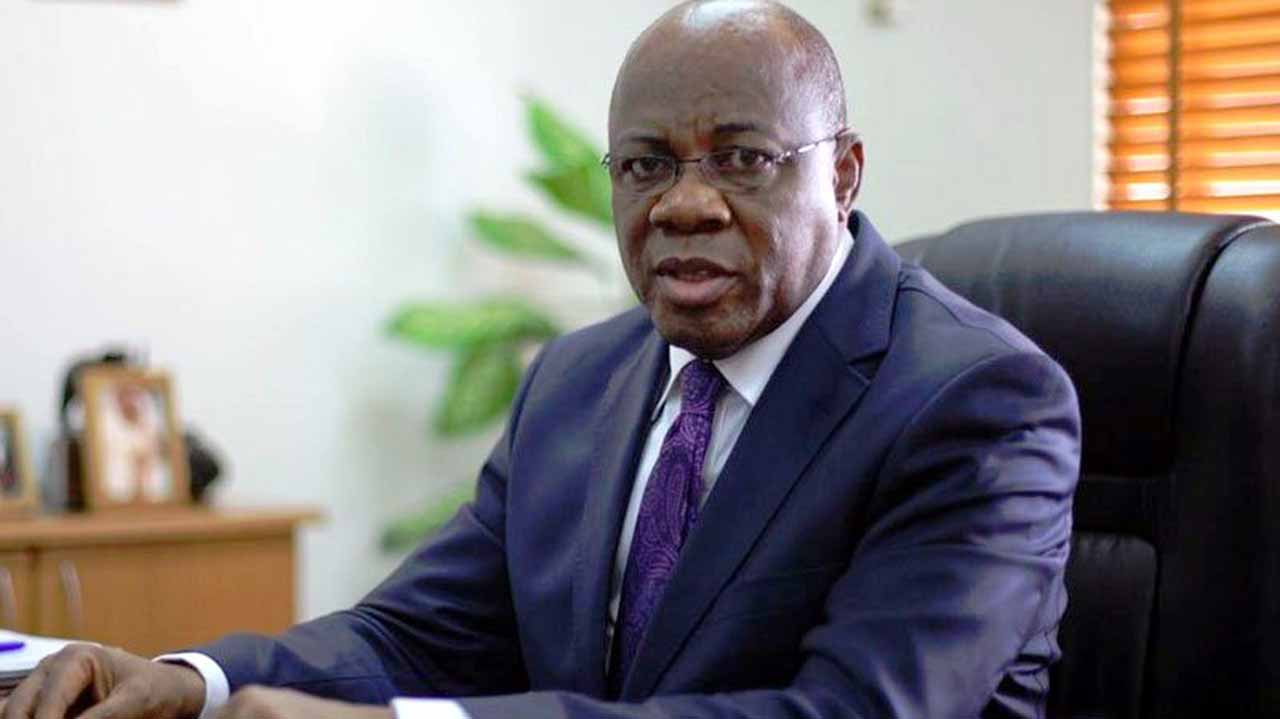• Enang flays lawmakers for overreach, tasks journalists on democracy
Executive Chairman of the National Assembly Service Commission (NASC), Saviour Enyiekere, has sought the construction of a new legislative quarters in Abuja to address the challenges of accommodation, insecurity and inadequate coordination faced by federal lawmakers in the Federal Capital Territory (FCT).
Enyiekere, who made the call when he led a delegation on a courtesy visit to Speaker of the House of Representatives, Tajudeen Abbas, also canvassed the formal establishment of a National Council of Former Presiding Officers of the National Assembly.
According to him, the proposed council would serve as a think-tank to provide institutional memory, inspiration and advisory support for federal legislators.
Most lawmakers currently reside in scattered accommodations, some on the outskirts, a situation Enyiekere said undermines security, causes avoidable commuting delays, and hampers coordination of legislative duties.
He recalled that at the transition to civil rule in 1999, the Abdulsalami Abubakar regime constructed the Apo Legislative Quarters to provide secure and coordinated accommodation for incoming federal lawmakers.
But the comfort was short-lived as the quarters were sold to lawmakers under former President Olusegun Obasanjo’s monetisation policy, leaving subsequent legislators to fend for themselves.
Enyiekere maintained that a new legislative quarter would not only guarantee security and coordination, but also align with broader calls for a revolving housing policy – where government builds estates, sells them, and reinvests the proceeds into fresh housing projects.
Advocates of the policy argue that it could address the nation’s widening housing deficit. The NASC chief assured Speaker Abbas that under the Sixth Commission, inaugurated on May 5, 2025, recruitment and other human resource processes would reflect equal representation from all sections of the country.
Enyiekere’s proposal comes against the backdrop of the abandoned official residences for presiding officers of the National Assembly, a project that has gulped billions of Naira without completion.
Before 2009, Obasanjo had approved the sale of official residences at the Apo Quarters to principal officers, including then Senate President David Mark, Speaker Dimeji Bankole, Deputy Senate President Ike Ekweremadu and Deputy Speaker Usman Nafada.
The decision drew public outrage over the cost to taxpayers of replacing the facilities for subsequent officers. In 2011, N1.5 billion was budgeted for new official residences at Maitama Extension, but a N3 billion contract was eventually awarded to Julius Berger.
However, the Seventh Assembly rejected the project, citing infrastructural gaps. The initiative was revived under President Goodluck Jonathan, but later discontinued, with another round of construction awarded, this time within the National Assembly Complex itself.
Despite repeated assurances, successive presiding officers from the Seventh Assembly through the Ninth Assembly could not move into the quarters due to the slow pace of work.
The project, which had reached over 90 per cent completion, has since been abandoned. It is now apparent that the current leadership of the National Assembly, comprising Senate President, Godswill Akpabio, and Speaker of the House, Tajudeen, Abbas, would also not occupy the residences. For years, presiding officers have resorted to personal houses, with their rents paid by the National Assembly.
MEANWHILE, former presidential adviser, Ita Enang, has rebuked National Assembly committees, accusing them of overstepping constitutional limits by dragging private companies into legislative probes.
Speaking at a workshop on “Parliamentary Reporting: Issues, Challenges and Responsibilities,” organised by the Senate Press Corps in Abuja, Enang submitted that, though judicial rulings had clipped lawmakers’ powers, yet some committees continue to flout the courts.
“It is an abuse of power when committees descend into the arena of the executive or the private sector,” he declared, citing the DHL International Nigeria Ltd v. Senate and NECA v. Attorney General of the Federation cases, which held that legislative oversight applies only to government-funded bodies.
Enang backed a recent NECA petition alleging harassment of private firms through ceaseless summons. He warned that disregarding these rulings undermines the rule of law and risks turning oversight into intimidation.
Turning to the journalists in attendance, the erstwhile senator said parliamentary reporting should be treated with the same seriousness as covering national security or foreign affairs.
‘This is not an ordinary beat,” the Akwa-Ibom indigene told reporters, adding: “You must read the bills, know the Constitution, and understand procedure. Otherwise, you’re just chasing noise, not substance.”
He faulted some journalists for focusing on quarrels and side remarks in plenary while ignoring the substance of bills – yet also blamed lawmakers who debate amendments without reading the principal Acts.






